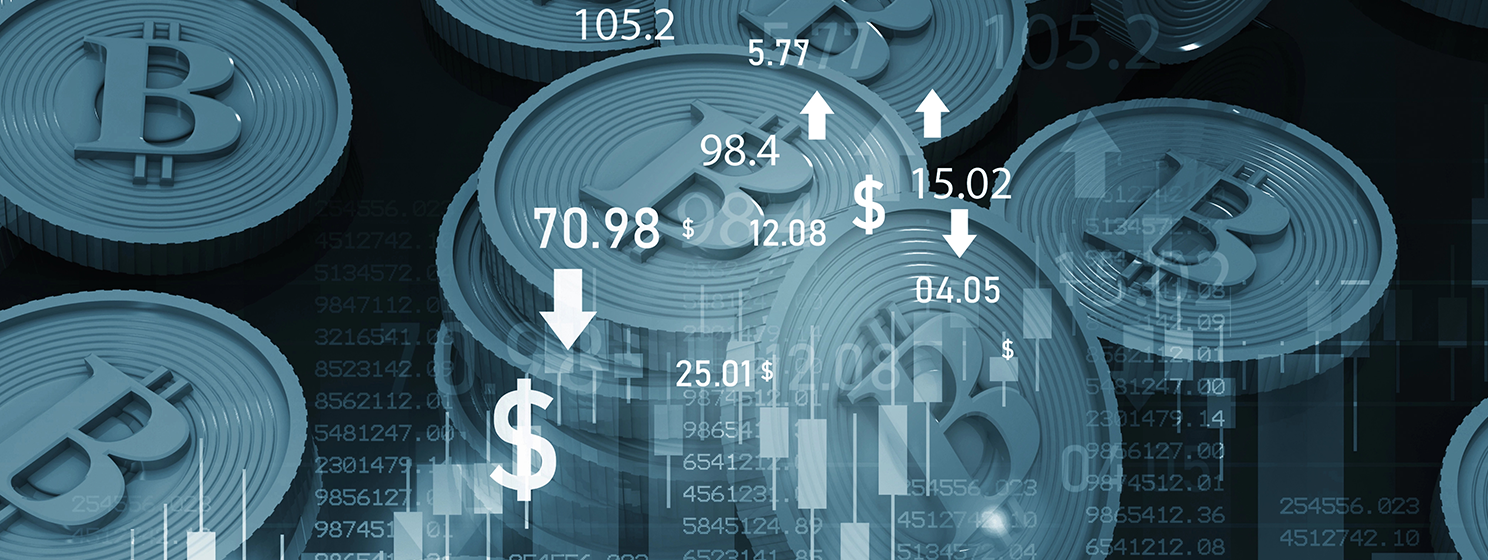|
Getting your Trinity Audio player ready...
|
Nigerian President Bola Tinubu has signed a new law that recognizes digital assets as securities for the first time.
Tinubu signed the Investments and Securities Act (ISA) 2024 this week, which local digital asset enthusiasts believe is a landmark moment. It repeals the Investments and Securities Act 2007, expanding the definition of securities to include digital assets alongside other assets such as debentures, stocks, shares, bonds, commodities and investment contracts.
Under the new law, virtual assets can be traded on securities exchanges.
The law also gives the SEC jurisdiction over the digital asset space, including authority over exchanges, wallet operators, brokers, and every other virtual asset service provider (VASP). These businesses must register with the securities watchdog and obtain a license while adhering to its guidelines on investor protection, market integrity, anti-money laundering (AML), know-your-customer (KYC) programs and more.
“The ISA 2024 reflects our commitment to building a dynamic, inclusive, and resilient capital market,” commented Emomotimi Agama, the pro-Bitcoin SEC chairman who took over the agency a year ago under Tinubu’s administration.
“By addressing regulatory gaps and introducing forward-looking provisions, the new Act empowers the SEC to foster innovation, protect investors more efficiently and reposition Nigeria as a competitive destination for local and foreign investments,” he added.
The digital asset sector in Nigeria has come full circle. After booming between 2017 and 2020, it led to a crackdown by the Central Bank of Nigeria (CBN), which prohibited banks from processing digital asset-related transactions in 2021. This pushed traders to underground peer-to-peer platforms, and in time, centralized exchanges adapted, offering P2P services as well.With time, the CBN ban was reversed, and trading exploded, placing Nigeria second globally for P2P trading volume and among the top five for adoption.
A second enforcement wave in 2024 saw the West African nation crack down on offshore exchanges, most of which operated without obtaining a license. It resulted in an $81.5 billion lawsuit against Binance and an eight-month detention for one of its executives.
However, in 2024, the SEC issued its first set of licenses to two local exchanges: Busha and Quidax.
The Nigerian capital market sector lauded the new law, which they say will better protect investors and boost market integrity. It also opens new business lines for service providers, such as digital assets.
“We believe it will rekindle the confidence of market stakeholders, which will, in turn, engender significant growth of the market going forward. For operators, it provides diversification opportunities with the expanded scope beyond traditional equities and fixed income,” commented Sam Onukwue, who heads the Association of Securities Dealing Houses of Nigeria.
Watch: Blockchain is changing Nigeria’s tech city ecosystem

 12-13-2025
12-13-2025 





